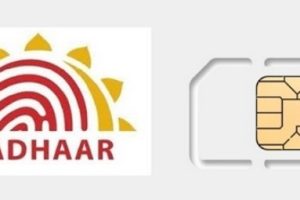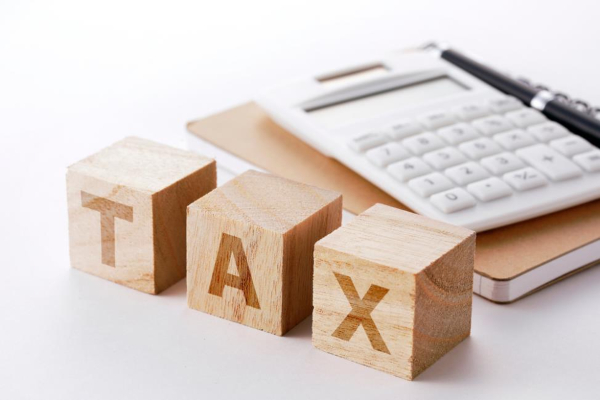The income-tax return filing season is upon us, and many taxpayers are now gearing up to file their tax returns for the financial year ending 2022-23. A few changes have been made to the ITR forms this year (as compared to last year) which taxpayers should know before starting to file.
Here is a look at key changes introduced in the latest ITR forms.
1. Reporting income from crypto currencies, Non-Fungible Tokens and other Virtual Digital Assets (VDAs):
From 1 April 2022, specific provisions have been introduced in the Income tax Act to tax VDA-related incomes. TDS under section 194S is also applicable to payments received for crypto transactions.
The ITR forms have now been amended to include requisite disclosures regarding income from VDAs. The taxpayer is also required to indicate whether the income from VDA is to be categorised as business income or capital gains and accordingly disclose the same under the relevant head of income.
If you have earned any income from cryptocurrencies during FY 2022-23, you are advised to keep the necessary details handy to avoid any hassle while filing your return. The details that would be required include: date of acquisition, date of transfer, cost of acquisition and sale proceeds.
Taxpayers are also advised to check their Form 26AS and AIS to ensure that income from VDAs in respect of which tax has been deducted under the newly introduced section 194S has been included in the return of income.
2. Requirement to disclose Donation Reference Number (ARN) in case donation is eligible for Section 80G deduction
Have you made a donation which is eligible for section 80G deduction during FY 2022-23? Now, merely having a donation receipt may not suffice for claiming a deduction.
The ITR form now makes it mandatory for taxpayers to mention the Donation Reference Number (referred to as ARN in the ITR forms) where donation is made to entities where a 50% deduction is allowed subject to the qualifying limit. The ARN is a unique reference number and is available on Form 10BE/receipt issued by the donee entity.
Therefore, if your donation is eligible for the above deduction, you are required to ensure that your Form 10BE/donation receipt accurately shows the ARN.
3. Other changes
There are certain circumstances where tax is collected at source (TCS) from the taxpayer. For example, TCS is collected by the bank on making remittances under the Liberalised Remittance Scheme. The taxpayer is eligible to claim such TCS as a credit/set-off against his income tax in his ITR.
In certain unique situations, the taxpayer would be eligible to claim credit of TCS relating to another person against the taxpayer’s tax liability. The ITR form now provides the taxpayer with an option to claim such credit of TCS relating to another person to address these corner cases.
From 1 April 2021, individuals who are Indian residents have the option to defer tax in respect of income earned on foreign retirement benefits account from the year of accrual to the year of withdrawal from the account [Section 89A relief]. However, in case the taxpayer becomes a non-resident subsequently, income on which relief was claimed under section 89A in earlier years would be taxable in the hands of the taxpayer.
The ITR forms earlier required disclosure of income in the year of withdrawal from the retirement benefits account; the ITR forms for FY 22-23 now also require disclosure of income on which relief under Section 89A was claimed in any earlier years and which has become taxable during the year (for example on account of the individual becoming a non-resident).
Certain other changes have also been introduced in the ITR forms for AY 2023-24 such as additional disclosure relating to advances in the Balance Sheet in ITR-3 , and a requirement to disclose the SEBI registration number where the taxpayer is a Foreign Institutional Investor (FII) or Foreign Portfolio Investor (FPI) registered with SEBI…Read More
Source By: economictimes










